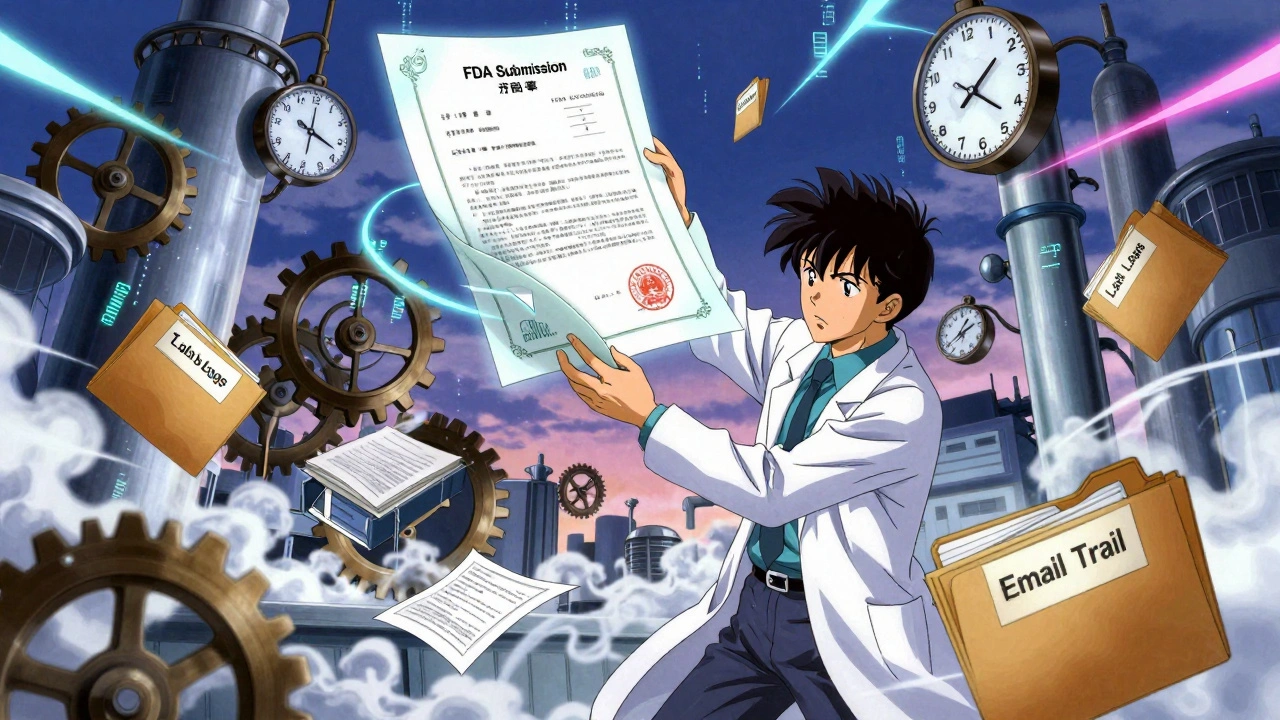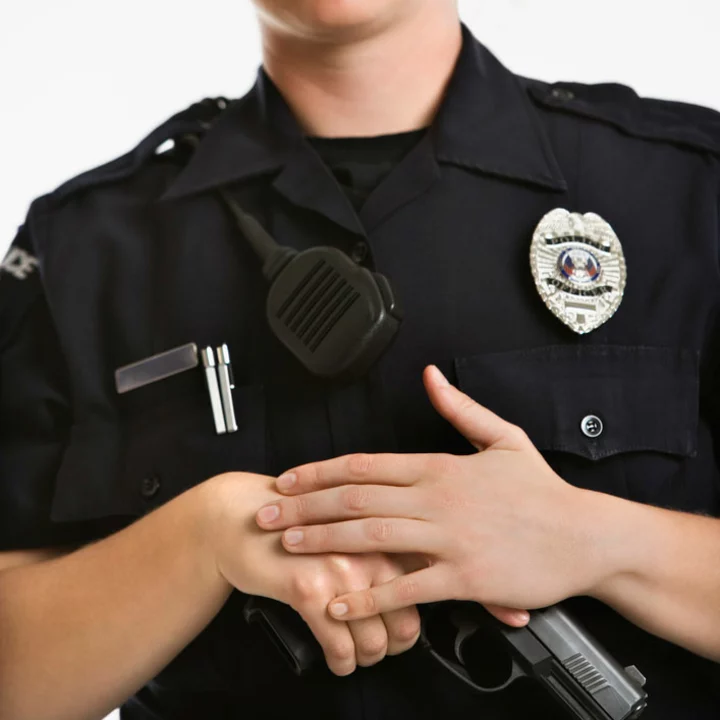Legal Careers and Drug Use: What You Need to Know
Picturing yourself walking the beat, making a real difference, but worried your past in rehab might ruin your shot? You’re not the only one wondering if a stint in alcohol rehab shuts the doors to a police badge. Turns out, it’s possible—your journey doesn’t have to end because of your past.
Police departments get it: people can change. They look beyond where you’ve been, focusing more on who you are now and the choices you make after recovery. Sure, they’ll ask about your history—they want transparency. But if you can show clean living and commitment, many will see that as a positive, not a red flag.
The process isn’t a walk in the park, though. Most departments require you to prove sobriety for a noticeable amount of time. That doesn’t mean just a few weeks; think more along the lines of years. You may need records from your rehab, clear results from background checks, and proof you’re staying sober. Still, these standards help ensure you’re ready for the stress and responsibility of law enforcement. Your honesty and growth could even turn your story into an asset during interviews—showing you can overcome tough stuff and stick with hard decisions.
Why do departments care about rehab history? They’re not trying to catch you out or shame you. Policing is high-pressure work. Officers deal with stress, temptation, and tough calls. Departments want folks who are up for the challenge and can set a solid example in the community. If you show you’ve worked on yourself and can maintain healthy habits, that sets you apart.
Worried about the stigma? You’re not the only one. Some applicants get nervous about how a history of substance use will look. But it’s not a dealbreaker. Agencies look for strong character and sustained change—think of it as adding more depth to your application, not an automatic out.
So, how can you boost your odds? Stay on top of your recovery, keep records of your progress, connect with mentors, and maybe even get recommendations from program counselors. That kind of support goes a long way during the hiring process, showing agencies you take your role seriously.
Your path into law enforcement doesn’t have to stop before it starts. Departments want folks who can relate, who understand struggle, and who are proof change is possible. Your recovery isn’t a flaw—it can be your superpower in a field that needs real, relatable people.
Federal Circuit Court: Authority on Pharmaceutical Patent Cases
The Federal Circuit Court has exclusive authority over pharmaceutical patent cases in the U.S., shaping drug access, pricing, and innovation through rulings on ANDA litigation, dosing patents, and jurisdiction. Its decisions directly impact generic drug entry and billions in healthcare spending.
Future Legal Developments: Proposed Laws and Regulatory Changes in 2025-2026
In 2025-2026, new laws are reshaping employment, housing, taxes, and gun rights across the U.S. From California's sweeping labor reforms to federal tax changes and Supreme Court shifts, staying compliant requires more than guesswork - it demands action.
Patent Term Restoration (PTE): How Drug Patents Get Extra Time
Patent Term Restoration (PTE) lets drug makers recover lost patent time due to FDA delays. Learn how it works, who qualifies, and why it's critical for pharmaceutical innovation-and controversial in drug pricing debates.
Can I become a police officer if I was in rehab for alcohol use?
If you've been in rehab for alcohol use, you may be wondering if you can still become a police officer. The answer is yes, as long as you demonstrate that you have successfully completed your rehabilitation process and can provide evidence that you have been sober for a significant amount of time. Becoming a police officer after rehab for alcohol use requires dedication, hard work, and a commitment to sobriety. It is possible to make a successful transition into law enforcement if you have the right attitude, the right resources, and a willingness to learn and grow. With the right approach, you can make a positive impact on the community and help to make the world a better place.



